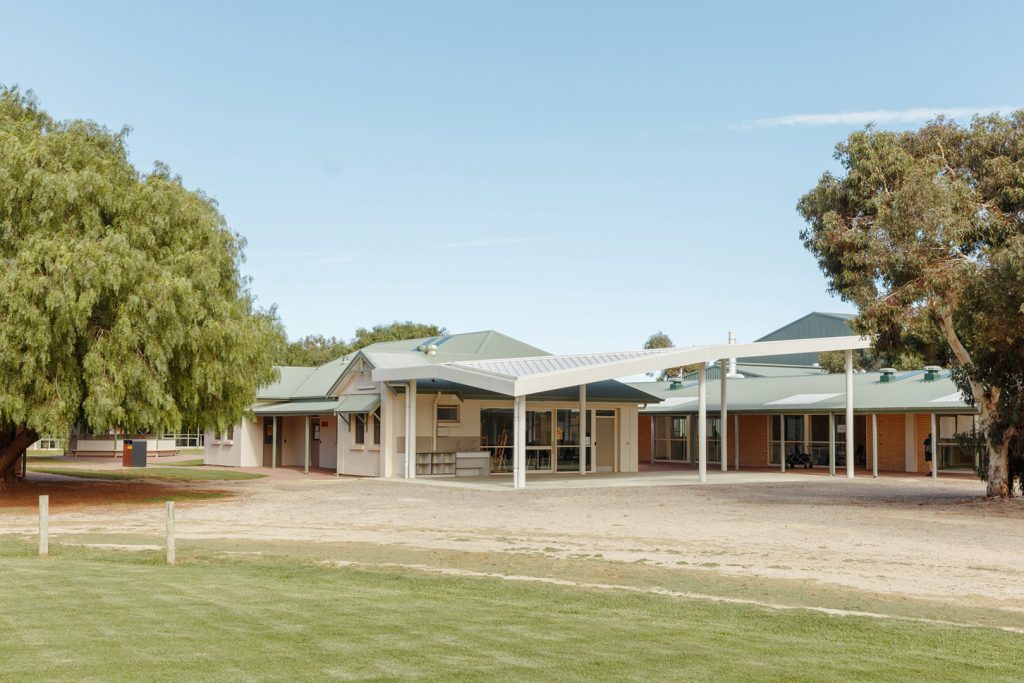Year 10 Science
Science
At Year 10, Science focuses on developing student knowledge and skills in scientific methods including conducting experiments, developing student questioning and predicting skills as well as investigating science as a human endeavour.
In Semester 1, all students will study Science and then move into either Science B or Scientific Studies depending on student interest.
Students will be guided by their Connect Teacher and Science Teacher to make a decision as to what area of Science they might like to study at Year 10 in Semester 2.
Please see below for the two variations of Science at Year 10.

Year 10 Science A
Course Description
This course has been designed for those students who are planning to study Science at Year 11 and Year 12. Students develop a more sophisticated understanding of atomic theory to understand patterns and relationships within the periodic table. They understand that motion and forces are related by applying physical laws and can be modelled mathematically. Students analyse and synthesise data from systems at multiple scales to develop evidence-based explanations for phenomena. They learn that all models involve assumptions and approximations, and that this can limit the reliability of predictions based on those models.
Topics may include:
- Newton’s laws – describe motion and apply them to predict motion of objects in a system
- Atomic basis of the periodic table
- Explaining patterns and trends in the periodic table
- Chemistry
Assessment
Students will have a variety of assessment tools, both formative and summative including:
- Analysing scientific papers
- Conducting and recording scientific investigations
- Investigating the relationship between society and science

Year 10 Science B
Course Description
This course has been designed for those students who are not planning to study science at Stage 1 or 2. Students will have choice to plan and conduct valid, reproducible investigations to answer questions and test hypotheses, including identifying and controlling for possible sources of error and, as appropriate, developing and following risk assessments.
Topics may include:
- Biology
- Environment
- As well as a student choice topic.
Assessment
Students will have a variety of assessment tools, both formative and summative including:
- Researching using scientific papers
- Conducting and recording scientific investigations
- Investigating the relationship between society and science

